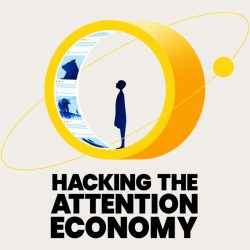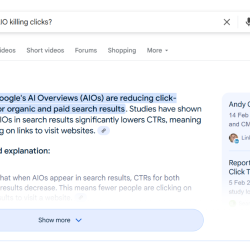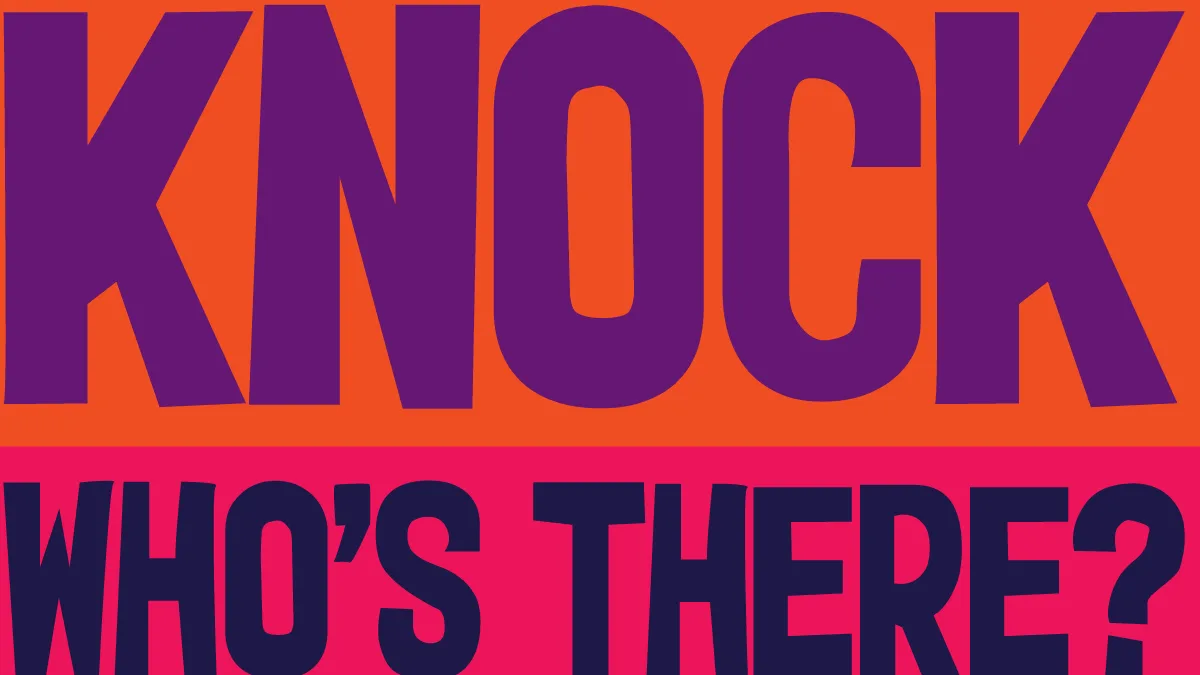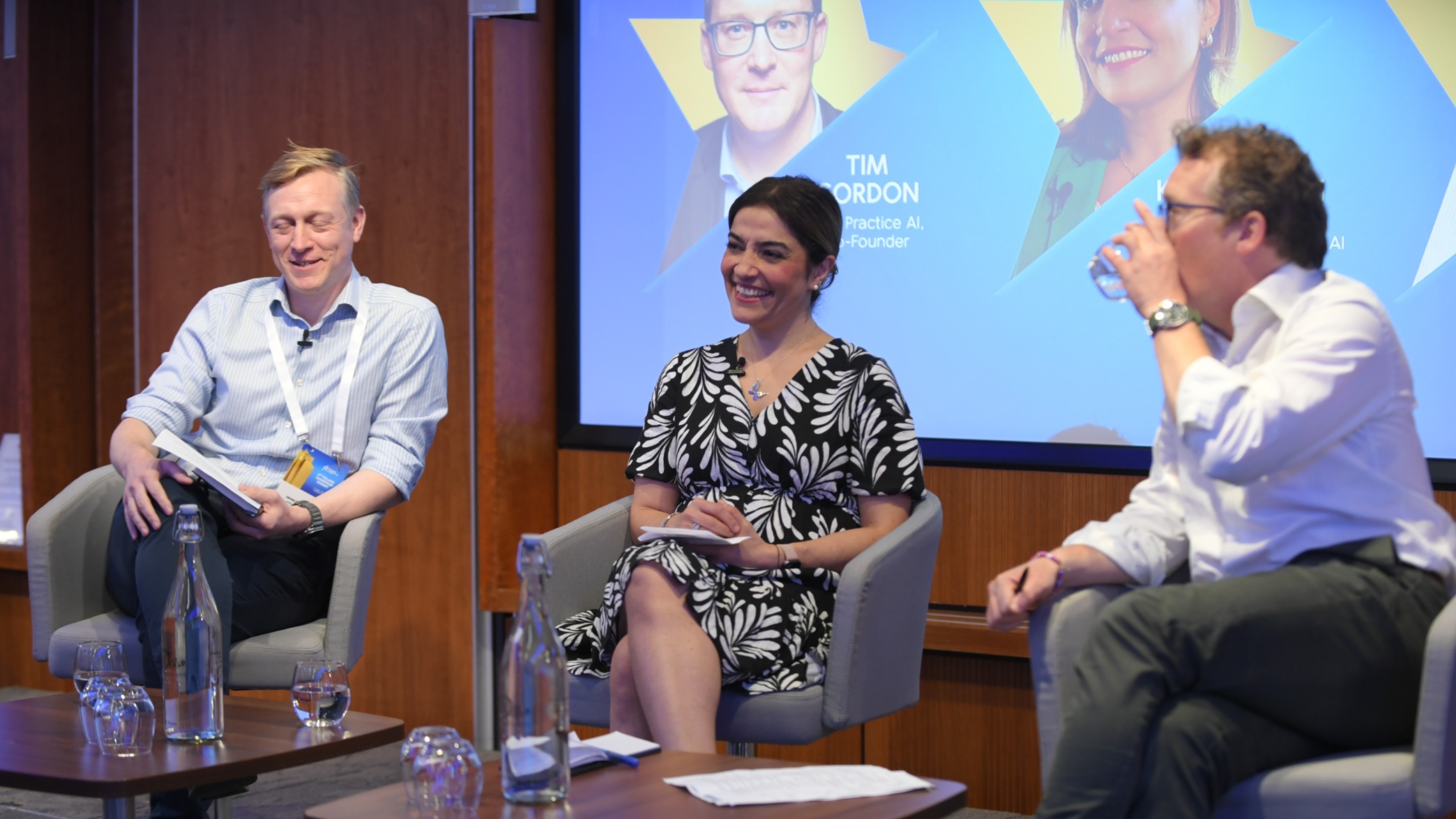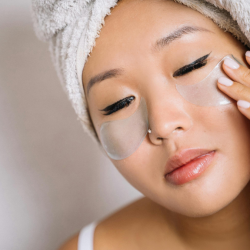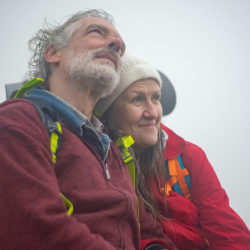You’re going to talk to us about menopause, and why it’s important for businesses to sit up and take notice. What made you get involved?
I started a new job two years ago at what appeared to be the exact moment perimenopause hit me with alarming velocity. I was experiencing unusual, even irrational anxiety that I’d never really felt before. I was ‘losing’ basic words and names that I used every day, meaning that every meeting felt like an agonising game of Articulate. I was sleeping badly, having sudden hot flushes, and generally felt flustered and out of control. Yet I was supposed to be the person responsible for running the agency and looking after the team there, and it was impossible for me to do that without talking more openly about the struggles I was having.
So, I started telling my colleagues, and suggesting ways that they could support me (like, it wouldn’t be ‘mansplaining’ if they jumped in to rescue me with a lost word). The response was amazing — so supportive, unembarrassed and non-judgemental. It became very clear that more open discussion was part of the solution. I then ended up writing a candid article in Campaign about navigating menopause whilst coping with a full time job, a reasonably large family and corresponding responsibilities. This seemed to gather reasonable traction, and before I knew it, I was researching and writing an open source menopause policy to make it easier for everyone to put a stake in the ground to stop the stigma and culture of silence around menopause. The theory being that if the legwork is already done, then what have you got to lose by implementing a policy?
How much of a problem do you feel it is if businesses don’t address the problem?
Women of my age in the advertising industry were described recently as ‘rare as unicorn tears’. Only 5% of our industry is over 50. How many of those do you think are women? More broadly, there are up to 15.5 million women experiencing varying stages of menopausal transition for anything between two and twelve years. It’s too many people, and goes on for too long to be ignored or marginalised.
The UK has around 4 million employed women aged between 45 and 55, which makes menopausal age women the largest proportion of the workforce at the moment. And research suggests a quarter of them would consider giving up work because of the menopause. Moreover, a 2019 Bloomberg study has shown that nearly a million women left their jobs due to menopausal symptoms.
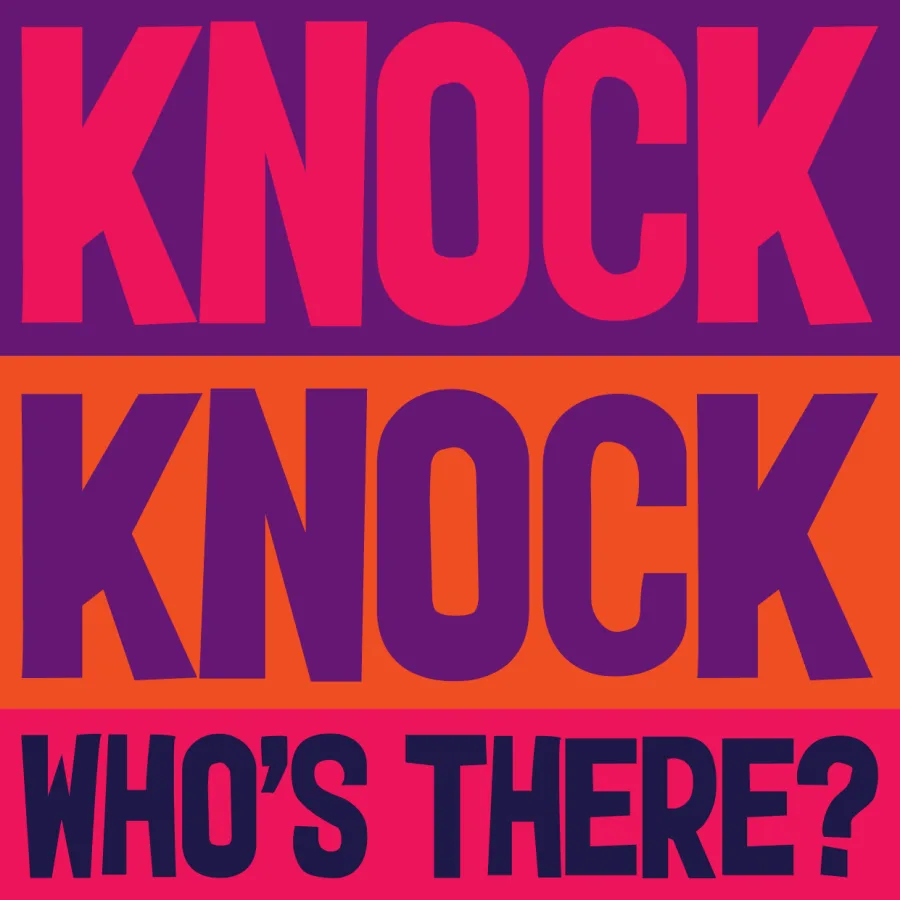
63% of women said their working life had been negatively affected by their symptoms, and 29% had lost self-confidence at work. Suicide rates of women of menopausal age have increased by 6% in the last 20 years, and it’s actually now the largest cohort of suicide for women. There has been a tripling in employment tribunals citing menopause-related discrimination in the last couple of years.
But we need these women in our industry. Without them, we lose a vast swathe of experienced, talented, brilliant practitioners, at the peak of their careers. Without them, the gender pay gap soars, and boards, executive teams and management teams struggle with gender imbalance.
Can you explain the range of symptoms that women going through menopause can experience?
Apparently there are meant to be more than 50 different symptoms, not all of which happen simultaneously, nor everything to everyone. During menopause the hormones that help us procreate dramatically decline, despite also being hugely responsible for our brain chemistry, our serotonin and cortisol levels, temperature regulation, production of collagen, circulation, the connective tissue that supports our skeleton, saliva production, hair growth, sex drive… the list goes on.
The effects can crudely be grouped into four territories:
- TEMPERATURE — You might know them as hot flushes, but we also get cold too. Blood flow is more erratic, and our temperature regulation is vastly affected. The aggressiveness with which these hot rushes come on is shocking, unnerving and panicky. If you’ve seen a man in a heat vest, you’ll witness the panic. The cold spreads are more inchmeal, but often manifest in extremity numbness that is hard to shift.
- COGNITIVE — Many people experience a general fog — everything becomes a bit distanced, meaningless, confusing. Personally, I have a problem with words. I simply lose them. Basic, everyday words and names that I regularly use just disappear from my brain. They’re not even big or clever, but they tend to be the same words (although from time to time, I’ll get an influx of ‘new lost words’). I just can’t find them. It’s awkward, embarrassing, fear-inducing. Many women also suffer from memory lapses, reduced confidence and self-esteem, mood swings, and insomnia that exacerbates everything.
- PHYSICAL — And then there’s the pain. As the lowered oestrogen reduces muscle mass and connective tissue, it weakens the ‘scaffold’ of the skeleton, and affects various parts of the body. This results in heart palpitations, breast tenderness, joint pain, migraines, bladder issues, hair loss and weight gain. It’s quite debilitating to be manifesting sudden ‘aged’ symptoms at what doesn’t feel like a very old age.
- SENSATION — These are the weirdest and more unnerving symptoms. From things tasting and smelling differently, to itchy skin, burning tongues and formication (the sensation of insects crawling under your skin). If you see a middle-aged woman absent-mindedly scratching their lower back or upper arm, it’s almost certainly a symptom of menopause.
Imagine trying to deal with all of this whilst holding down a full time job, and pretending that everything is fine. Simply put, it’s not.
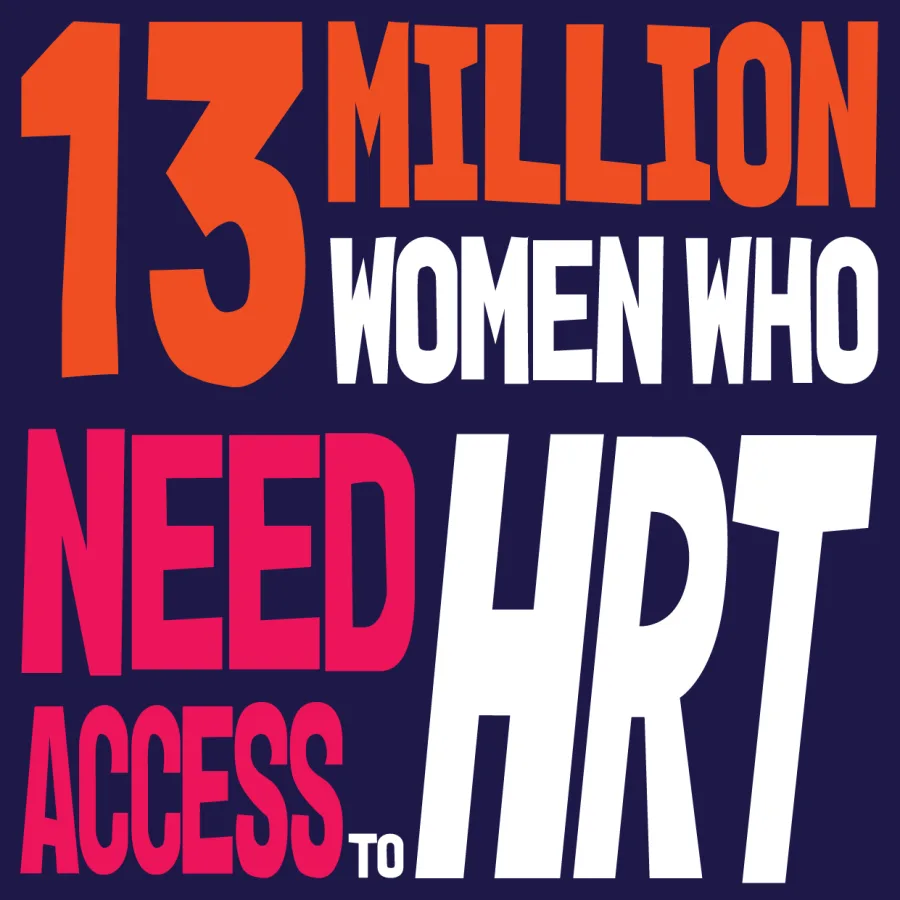
What can agencies do to make a difference?
The majority of organisations only pay lip service. Very few organisations have a specific policy, or even mention it all in their policies. Developing strong menopause policies and robust support strategies isn’t just good EQ, it’s good business sense. And it’s all about having a shift in mindset.
The simple thing organisations need to start with is an acknowledgement of the challenges that menopausal women face, swiftly followed up by different ways they can be supported. It’s important for women to feel that they don’t need to hide their symptoms, and any discussions will be met with empathy and support.
Create and publicly share a Menopause Policy. There doesn’t need to be loads of research and soul-searching, as there are great starters for ten to get you going. Channel 4 made their menopause policy public, and we at Dark Horses, have written an open source menopause policy that anyone can use, adapt and improve, as they see fit. Make sure the policy is for everyone, not just for women, as employees of all ages and genders need to understand more about it, as they will inevitably come across menopausal women – as colleagues, clients, suppliers, friends and family. But a policy on its own is not enough.
You need to ensure that line managers understand their role in delivering good working practices. They need to be prepared to make accommodations and aware of the easy adjustments and small tweaks that can make a significant difference: a safe environment to bring up any challenges their staff are facing, how long they can concentrate, what impact physical symptoms might have on them… it’s good to be able to agree to some basics, so there is no guilt or feelings of under delivery: working from home/flexible working, condensed or shorter hours, through to desk fans, cameras off and so on.
It might also be worth investing in menopause training workshops — there are plenty of great organisations around that don’t cost a fortune, and make it an engaging and interactive experience. There might be occupational health solutions or employee assistance programmes that have specific menopause related support systems that they can tap into or can be introduced.
Depending on the size of the organisation, it might be appropriate to appoint a menopause champion.
There might be an opportunity to create communities for people to share their experiences, coping mechanics and more. These can be incredibly powerful support networks that stop employees feeling alone. Whether on Whatsapp, Slack, more structured quarterly meetings or informal coffee meetings, it makes people feel valued and understood.
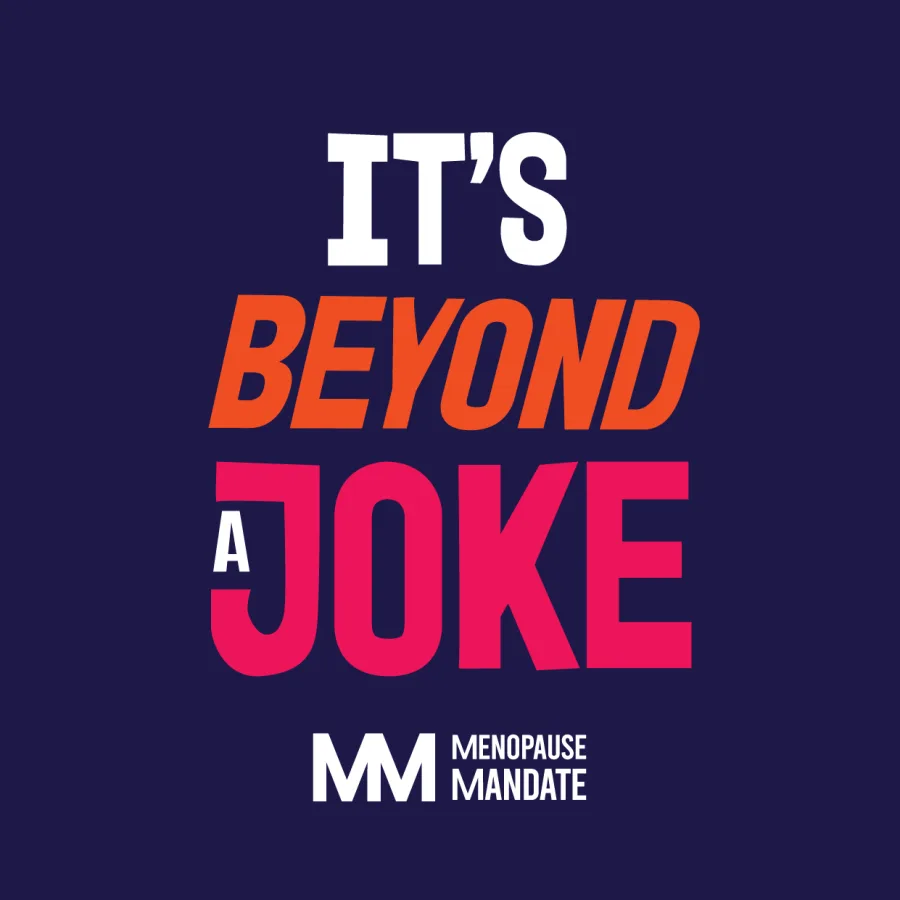
You’ve recently become a Director of Menopause Mandate. With World Menopause Day coming up on 18th October, what are you hoping to achieve?
Menopause Mandate is a non-profit organisation set up to campaign for better provision of menopause support in the UK. We’re lobbying the government to make necessary changes to various things from laws to make menopause a protected characteristic at work (under the 2010 Equalities Act you have gender, ethnicity, age, disability, mental health and pregnancy, but not menopause); to access to HRT (44% of women have had to wait a year to receive treatment because there are so many issues with HRT supply, and menopause specialists); to demanding more basic medical education (42% of doctor training in the UK at universities doesn’t include menopause, and as a result 25% women are being misdiagnosed and prescribed things like antidepressants).
We’re chaired by Mariella Frostrup, and patrons include Davina McCall, Lisa Snowden, Penny Lancaster, Gabby Logan, Carol Vorderman and MP Carolyn Harris. We had a session in Parliament back in May that got some awareness and demands publicly on the agenda. And for World Menopause Day on 18th October, we’re organising a rally to continue to push the agenda.
Featured image and supporting images: Menopause Mandate / Twitter
